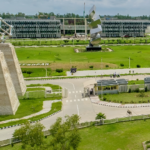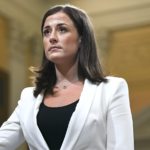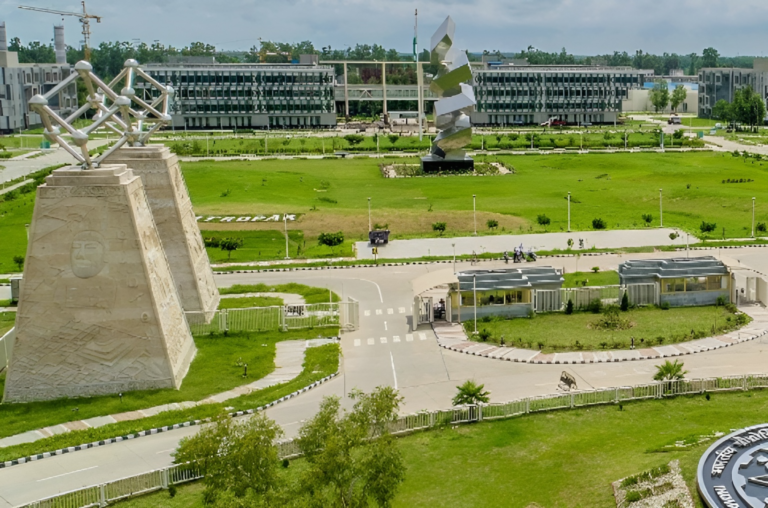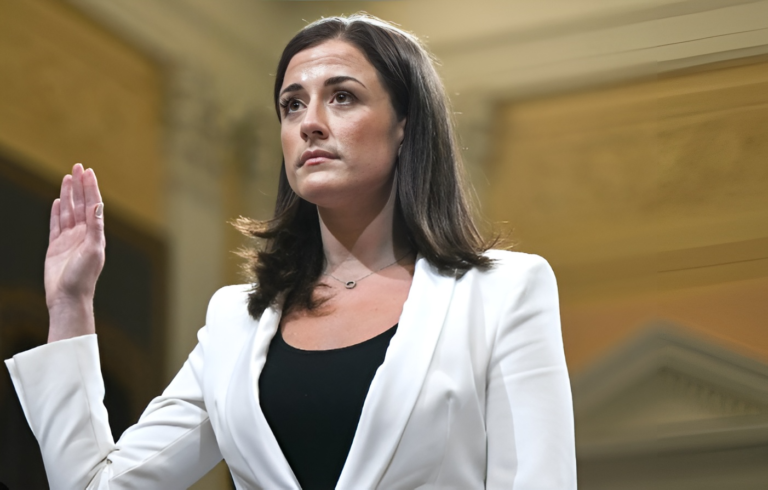Islamic Country:- “Egypt’s Controversial Decision: Banning Niqabs in Schools Sparks Heated Debate and Reflection on Religious Freedom”
Islamic Country : Egypt, a nation steeped in history and tradition, has recently found itself at the center of a passionate and complex debate surrounding the wearing of niqabs (full-face veils) within the confines of schools. This decision, which is set to take effect on September 30th in the upcoming academic year, has triggered a significant and multifaceted discourse within the country. The niqab, known as the most conservative form of Islamic face covering, is typically black and shrouds the entire face, exposing only the eyes.
Egypt’s Minister of Education, Reda Hegazi, officially endorsed this controversial decision and provided detailed insights into the new guidelines. The revised dress code allows students to wear head coverings that do not obscure their faces, presenting an alternative to the traditional niqab.

The primary objective behind this measure is to strike a delicate balance between religious expression and maintaining a clear, secular educational environment. Minister Hegazi underlines the pivotal role of parents in determining their children’s attire. It is deemed essential for parents to be fully informed and supportive of their daughters’ choice to adopt face-covering attire. Furthermore, the ministry emphasizes that this choice should remain entirely voluntary, free from any external pressure, coercion, or compulsion.
To ensure compliance with these guidelines, the Ministry of Education has directed local education directorates to verify parental awareness and consent regarding this decision.
Egypt, like many nations, faces a diverse tapestry of cultural and religious practices. While the majority of Egyptian women wear the hijab, a headscarf covering the hair, only a minority opt for the niqab, a more comprehensive face veil. This diversity has contributed to a dynamic and complex societal landscape, where individual rights and religious freedom often intersect and sometimes collide.
The government’s decision to ban niqabs in schools has been met with a spectrum of reactions, ranging from vehement opposition to staunch support, notably manifesting on social media platforms. One social media user, Mohammad, expressed his dissent on Ex-Twitter (formerly Twitter), stating, “People are furious because the government has not provided a compelling rationale. This appears to be an arbitrary decision that infringes on individual privacy.” In contrast, another user, Al-Masri, retorted on the same platform, “Hardly anyone is upset about this except for supporters of the Taliban and the Islamic State (ISIS).”
Nevertheless, amidst the spirited debate surrounding the niqab, Egypt grapples with a host of pressing educational challenges. Overcrowded classrooms, outdated equipment, and the overarching burden of public debt loom large in a country with a population of 105 million. Some internet users, in a display of sarcasm, question whether the niqab is the root cause of these educational woes.
It’s worth noting that Egypt has previously confronted the issue of the niqab in educational settings. In late 2015, Cairo University, one of Egypt’s most prestigious institutions, prohibited its female lecturers from wearing the niqab. This decision stood firm and was upheld by Cairo’s Administrative Court in 2020, demonstrating the complex nature of this issue in Egyptian society.
The ongoing debate over the niqab’s place in Egypt’s education system is emblematic of larger discussions concerning religious freedom and individual rights in the country. While this decision has sparked controversy, it also reflects the nation’s journey toward a balance between cultural and religious practices and the imperative of maintaining a secular educational environment. Egypt, like many diverse societies, grapples with these issues as it seeks to shape an inclusive future that respects both individual rights and communal harmony.

























+ There are no comments
Add yours